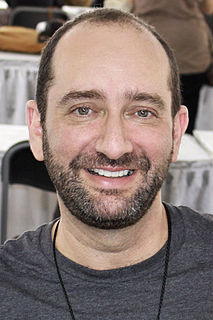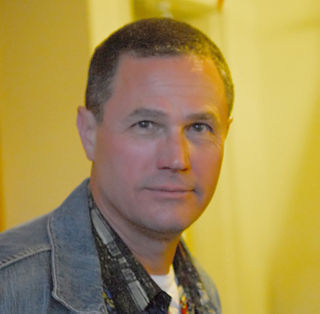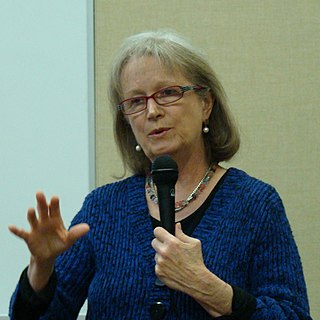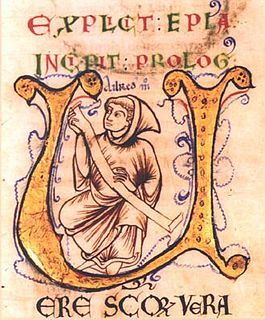A Quote by William Penn
Above all things endeavor to breed them up the love of virtue, and that holy plain way of it which we have lived in, that the world in no part of it get into my family. I had rather they we're homely than finely bred as to outward behavior; yet I love sweetness mixed with gravity, and cheerfulness tempered with sobriety.
Related Quotes
The Greek word euphuia, a finely tempered nature, gives exactly the notion of perfection as culture brings us to perceive it; a harmonious perfection, a perfection in which the characters of beauty and intelligence are both present, which unites "the two noblest of things" - as Swift most happily calls them in his Battle of the Books, "the two noblest of things, sweetness and light."
The Greeks were smarter than us, and they had different words for different kinds of love. There's storge, which is family love. That's not us. There's eros, which is sexual love. There's philia, which is brotherly love. And then there's the highest form. Agape.” He pronounced it “aga-pay.” “That's transcendental love, like when you place the other person above yourself.
Above all, mine is a love story. Unlike most love stories, this one involves chance, gravity, a dash of head trauma. It began with a coin toss. The coin came up tails. I was heads. Had it gone my way, there might not be a story at all. Just a chapter, or a sentence in a book whose greater theme had yet to be determined. Maybe this chapter would've had the faintest whisper of love about it. But maybe not. Sometimes, a girl needs to lose.
But I'd rather help than watch. I'd rather have a heart than a mind. I'd rather expose too much than too little. I'd rather say hello to strangers than be afraid of them. I would rather know all this about myself than have more money than I need. I'd rather have something to love than a way to impress you.
I love, love writing about Los Angeles. I love exploring every part of it. And I find, rather than a burden, it's actually one of the most enjoyable parts of the writing process for me. I love everything about L.A. Okay, not the traffic. But I love the way it looks. I love the geography. I love the diversity.
Love is fed by the imagination, by which we become wiser than we know, better than we feel, nobler than we are: by which we can see life as a whole, by which and by which alone we can understand others in their real and their ideal relation. Only what is fine, and finely conceived can feed love. But anything will feed hate.
Making fiction for children, making books for children, isn't something you do for money. It's something you do because what children read and learn and see and take in changes them and forms them, and they make the future. They make the world we're going to wind up in, the world that will be here when we're gone. Which sounds preachy (and is more than you need for a quotebyte) but it's true. I want to tell kids important things, and I want them to love stories and love reading and love finding things out. I want them to be brave and wise. So I write for them.
Love has a particular trait: far from being indulgent or fickle, it has a task or purpose to fulfil: to abide. By its nature love is enduring. Again, dear friends, we catch a further glimpse of how much the Holy Spirit offers our world: love which dispels uncertainty; love which overcomes the fear of betrayal; love which carries eternity within; the true love which draws us into a unity that abides!










































